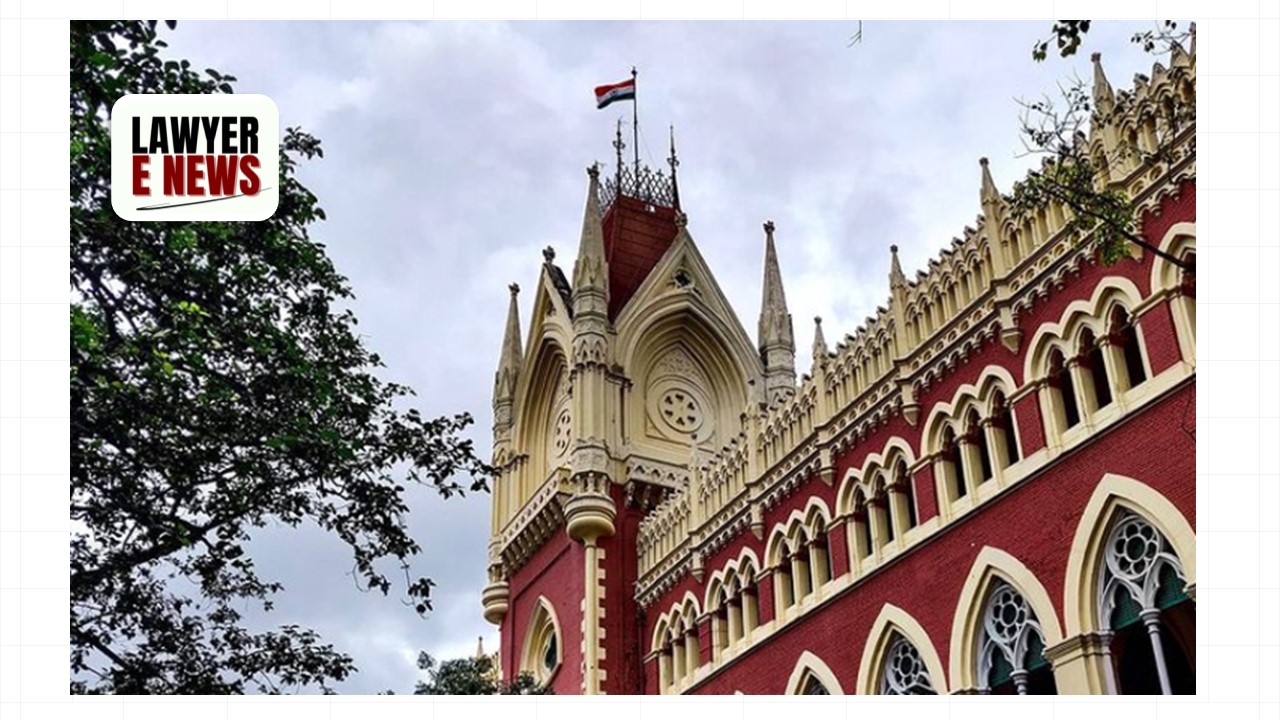-
by Admin
15 February 2026 2:16 AM



The Calcutta High Court, in a judgment delivered by Justice Ajay Kumar Gupta, quashed the criminal proceedings against Sarabjot Singh @ Sabbi and others, which had been initiated based on a complaint by the victim in G.R. Case No. 503/2018. The case involved allegations of extortion, assault, and criminal conspiracy under various sections of the Indian Penal Code (IPC). The court observed significant discrepancies between the complainant's statements and the medical evidence, leading to the conclusion that continuing the proceedings would amount to an abuse of the legal process.
The case was initiated based on a complaint lodged by the opposite party (victim) under Section 156(3) of the Code of Criminal Procedure (CrPC), which was treated as an FIR. The complainant alleged that Sarabjot Singh (petitioner no. 1), who was his brother-in-law, along with petitioner no. 2, his sister, conspired to take over the complainant's property and forced him into transferring his rights. According to the complainant, the petitioners not only coerced him but also physically assaulted him and his wife at their residence on February 18, 2018. The petitioners, allegedly armed with firearms, forced the complainant to sign legal documents and abducted him with the intent to kill.
After investigations, a charge sheet was filed against the petitioners for offenses under Sections 452, 323, 365, 468, 506, and 34 of the IPC, but the petitioners consistently denied the allegations, claiming they were framed due to personal disputes.
A key element in the judgment was the evaluation of medical evidence. The court found a major contradiction between the complainant's allegations of assault and the medical records. The complainant, who claimed he was assaulted and sustained injuries, told the doctors treating him that his injuries were caused by a fall. "The patient never mentioned any assault to the doctors," the court observed, referencing a letter from one of the treating doctors, Dr. K.B. Ghosh, which confirmed the absence of any mention of an assault during medical consultation.
The court noted the inconsistencies in the complainant's narrative, which created doubts about the veracity of the claims. While the complainant alleged a violent attack involving firearms and kidnapping, these claims were not substantiated by any corroborative evidence, including witness statements or medical records. Justice Ajay Kumar Gupta emphasized that the prosecution failed to present a coherent case, observing that the "allegations made in the complaint and the statements before the Investigating Officer are full of inconsistencies and discrepancies."
In its legal reasoning, the court invoked the principles laid down in State of Haryana v. Bhajan Lal, which allows for quashing of proceedings where allegations are inherently improbable or where the evidence does not make out a cognizable offense. Justice Gupta remarked that "continuing with the proceedings would amount to an abuse of the process of law" as there was no substantive evidence to support the serious charges against the petitioners. The court also relied on the absence of medical corroboration to dismiss the claims of assault and noted that the allegations of misappropriation of funds and forgery were similarly unsupported by evidence.
The court's decision to quash the proceedings in G.R. Case No. 503/2018 underscores the importance of credible and consistent evidence in criminal cases. By dismissing the charges against Sarabjot Singh and others, the judgment reaffirms the judiciary's responsibility to prevent the misuse of legal processes. The ruling is expected to have a significant impact on similar cases where personal disputes are escalated to criminal accusations without sufficient proof.
Date of Decision: September 6, 2024
Sarabjot Singh @ Sabbi and Others vs. The State of West Bengal and Another
